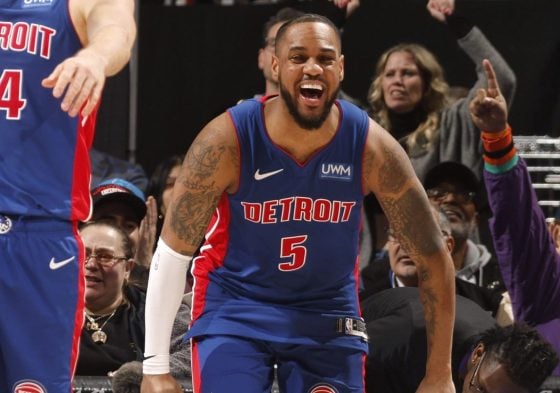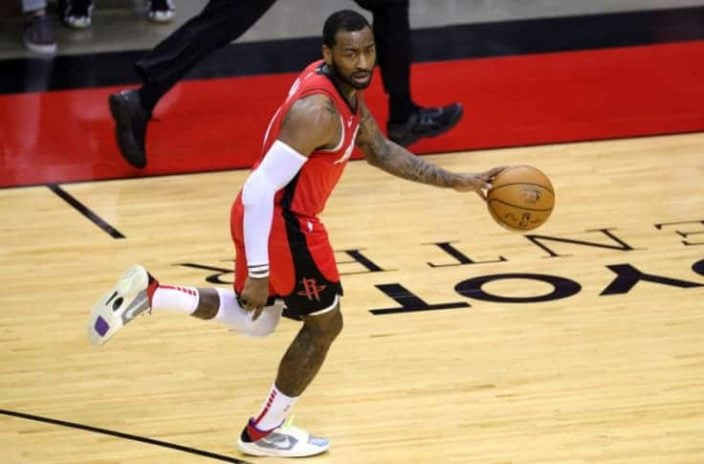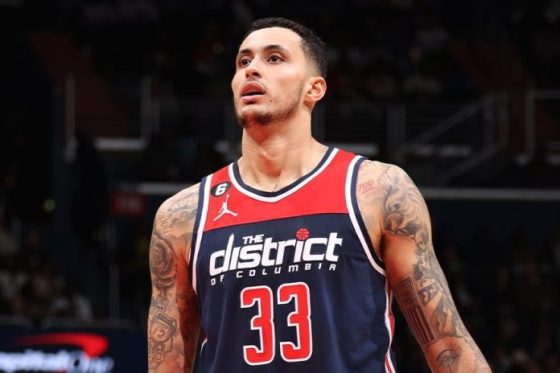13 Days to Fix Manchester United – Day Nine: Fast Starts – Man United News And Transfer News
20
This series of articles started when there were 13 days until Manchester United’s next game against Brighton at Old Trafford.
13 days to make the necessary adjustments to remedy a poor start. 13 days to implement tactical changes which will improve the team’s performance. 13 days to regain and rally the spirit which was carefully cultivated last season.
13 days to fix United’s season essentially.
Over these 13 days, The Peoples Person team are looking at 13 areas United can look to improve upon before their next Premier League fixture. An article a day until Erik ten Hag’s issues have drifted away.
Today’s analysis focuses on fast starts; or, more accurately, United’s propensity for a slow start.
Slow Out of the Blocks
An early goal is a tone setter.
If your side can score in the first fifteen minutes of a game, the momentum immediately swings in your favour.
The opposition are forced to react to an unexpected deficit and adapt accordingly; a feeling which is only exacerbated if they are playing at your ground.
While it’s no guarantee you will win the game should you take an early lead, it’s a self-evident help. And a certain long-standing record of United’s demonstrates it.
United have not lost a home game in the history of the Premier League when they have been leading at half time. This isn’t to say they’ve always won, but going in at the break with a lead has always returned a result at Old Trafford.
While this record has held true under Ten Hag, United have not been fast starters under the Dutchman in general.
His side ranked 12th for goals scored in the first 15 minutes of league games last season. Arsenal ranked joint 1st and City joint 2nd by comparison.
Too often last year United started games in a sluggish manner.
This was attributed to the early teething problems of a new manager. Particulary one implementing a style of football antithetical to the approaches of previous coaches at United.
There was also a host of difficulties Ten Hag was forced to endure – Cristiano Ronaldo’s public rebellion; Jadon Sancho’s need for a midseason sabbatical; Harry Maguire’s role as captain not being reflected in his performance level; an unprecedented winter World Cup; a pronounced lack of much-needed investment in January; the ongoing Mason Greenwood controversy.
This combination of issues are what made a successful first season for Ten Hag all the more impressive. Champions League qualification was secured with a comfortable 3rd place finish, and a first trophy for United in six years.
But questions which were excused last year will need answers this season.
Transitioning to Transitions
The Dutch manager was rewarded for his success with another bout of expensive investment this summer.
His first-choice targets for the areas of need – Andre Onana, Mason Mount and Rasmus Højlund – were secured by the start of August. A late flurry of activity then delivered Ten Hag’s first-choice defensive midfield option – Sofyan Amrabat – as well as Sergio Reguilon, Jonny Evans and Altay Bayindir for depth.
This summer’s cohort brings the number to twelve players signed by Ten Hag in United’s current squad, at a total initial cost of an £382 million. It’s a level of investment which demands the tangible emergence of a manager’s style of play.
Ten Hag spoke of his vision for United this year during the club’s pre-season tour in America. “We want to be the best transition team in the world,” the Dutchman revealed to reporters.
A more succinct analysis on the improvements needed for his United players to achieve this ambition can be found here. Instead, we shall focus on the platform a fast start can provide for a team seeking to dominate through transitions.
A transition is defined as the “process of recognising and responding in the first few seconds after losing or regaining possession of the football.” While the obvious example of this is a counter-attack – an area United are already brutally effective in – it can also stem from winning the ball further up the pitch through a high-press.
To approach a football match at a fast pace with intense pressing is to seek to initiate as many transitions as possible in the opponents half. At Liverpool’s peak under Jurgen Klopp, they were masters at this.
Ten Hag has sought to emulate this style this season, albeit in his own variation.
Mount and Fernandes have been positioned high up the pitch in United’s opening game, encouraged to press the opposition’s defence. Andre Onana has constantly sought to launch quick counter-attacks through his accurate long-range passing. Marcus Rashford has been encouraged to hang on the last man’s shoulder when playing up front.
While these choices have not necessarily worked to the extent Ten Hag would have wished, they speak to the approach he is attempting to establish. And it’s a tactic which will only grow stronger with the benefits of a fast start.
The Need For Speed
Ten Hag must coach his players to begin games with far greater levels of intensity and speed. Whether this is achieved through simple instruction, or a dedicated training regime, it is a necessary adjustment United have to make.
The Dutchman’s commitment to transition requires a fast start.
It will put the opposition under immediate pressure and set the tone for the first half. This will force errors which lead to chances for his attackers to exploit. And this will immediately get the United fans in raucous form, especially at Old Trafford.
The continued establishment of Højlund as the first-choice centre forward will help. The Dane’s potent pairing of power and pace make him an excellent presser and a dangerous threat on the counter.
His inclusion also allows Rashford to play in his favoured left-wing slot; a position he is more effective from and far more willing to press and harry defenders.
The return of Mount – a player who operates best in full-throttle football – will also help United to continue their transitional evolution. But in the short-term, Amrabat playing next to Casemiro should provide greater levels of defensive stability. This would enable the front four to press with an almost reckless abandon, however, safe in the knowledge two safety blankets are positioned behind them.
An effective fast start will often yield an early goal. This then forces the opposition, particularly smaller teams, to open up more, as they attempt to draw level in the game. This would, in turn, only create more opportunities for United’s potent counter-attackers to put the game to bed.
A fast start will, therefore, enable United to dominate games from the outset and end it before the opposition have a chance to gain a footing.
CONCLUSION – Start fast, finish early.
Check out our Latest News and Follow us at Facebook
Original Source







